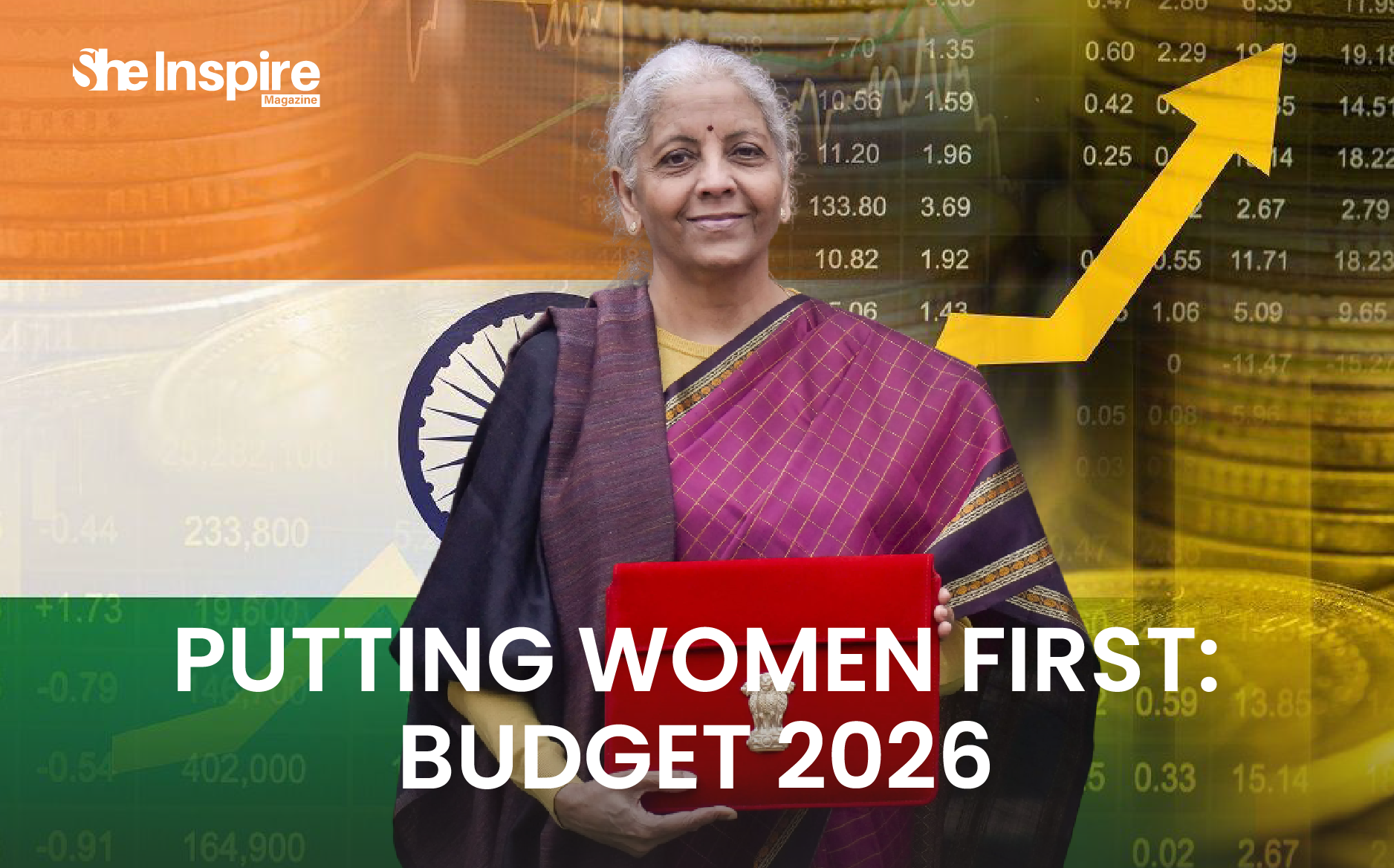Gender Pay Gap in the Corporate World:

In today’s world, even after having many policies regarding gender equality, one major issue is still there which is the pay gap or unequal pay in the corporate world. Many women in the corporate world face the issue, that they are given less salary than their male colleagues for the same job role. This shows that despite the efforts to reduce gender inequality, this major issue regarding gender inequality needs more attention.
Current Landscape in India:
According to the June 2024 reports, India ranked 129th out of 146th countries in the Global Gender Gap Index, this is lower than the 2023 ranking where India ranked 127th. The factors that keep affecting this pay gap include gender bias, fewer women in leadership roles, and lack of social awareness.
Factors Contributing to Pay Gap:
1. Underrepresentation in Leadership Role:
Women are often underrepresented in higher roles where pay scales are higher due to gender biasing, and hence only a few women can reach there, contributing to the overall pay gap.
2. Gender Bias:
To date, gender bias remains at the roots of corporate culture, where women are perceived as less ambitious or less capable than men, and this led to fewer promotions, less pay hikes, and fewer opportunities.
3. Horizontal Segregation:
Women are often confined to specific roles and industries, for example, education which generally has lower pay compared to male-dominated sectors like engineering, technology, or finance.
Steps towards reducing the pay gap:
Leading companies like TCS, are actively reducing pay disparities by implementing and following rules like Minimum Wages Act (1948), the Equal Remuneration Act (1976), and the 2019 Code on Wages. Apart from these acts, some rules can also be used in the workplace to reduce this pay gap:
1. Flexible Work Arrangements:
Many women suffered from low salaries due to their commitment to their homes, especially working mothers. Companies should create an environment, that helps them to handle house and work efficiently, including flexible work timings, work-from-home opportunities, and job-sharing opportunities. These precautions can help women to maintain a perfect work-life balance.
2. Government Policies and Legal Support:
The government takes an important place in closing the gender pay gap. This can be done by strengthening labor laws, mandating equal pay for equal work, and introducing stricter penalties can encourage companies to maintain pay equally.
3. Eliminating Gender Bias in Hiring and Performance Review:
Many women are being undervalued during the hiring process and performance review. Companies should practice an unbiased hiring system this can be done by creating a diverse interviewer panel, by doing this one can select the best candidate based on their talent, and by reviewing the performance of employees purely on their job outcome, one can reduce the pay gap.
Conclusion:
The gender pay gap has been the most common issue for decades, but as we move forward this issue is gaining the spotlight which is important. However, with increased awareness, various government policies, and collective efforts, we can create a friendly environment, where women get equal pay and hence make a step forward in an equitable future.



